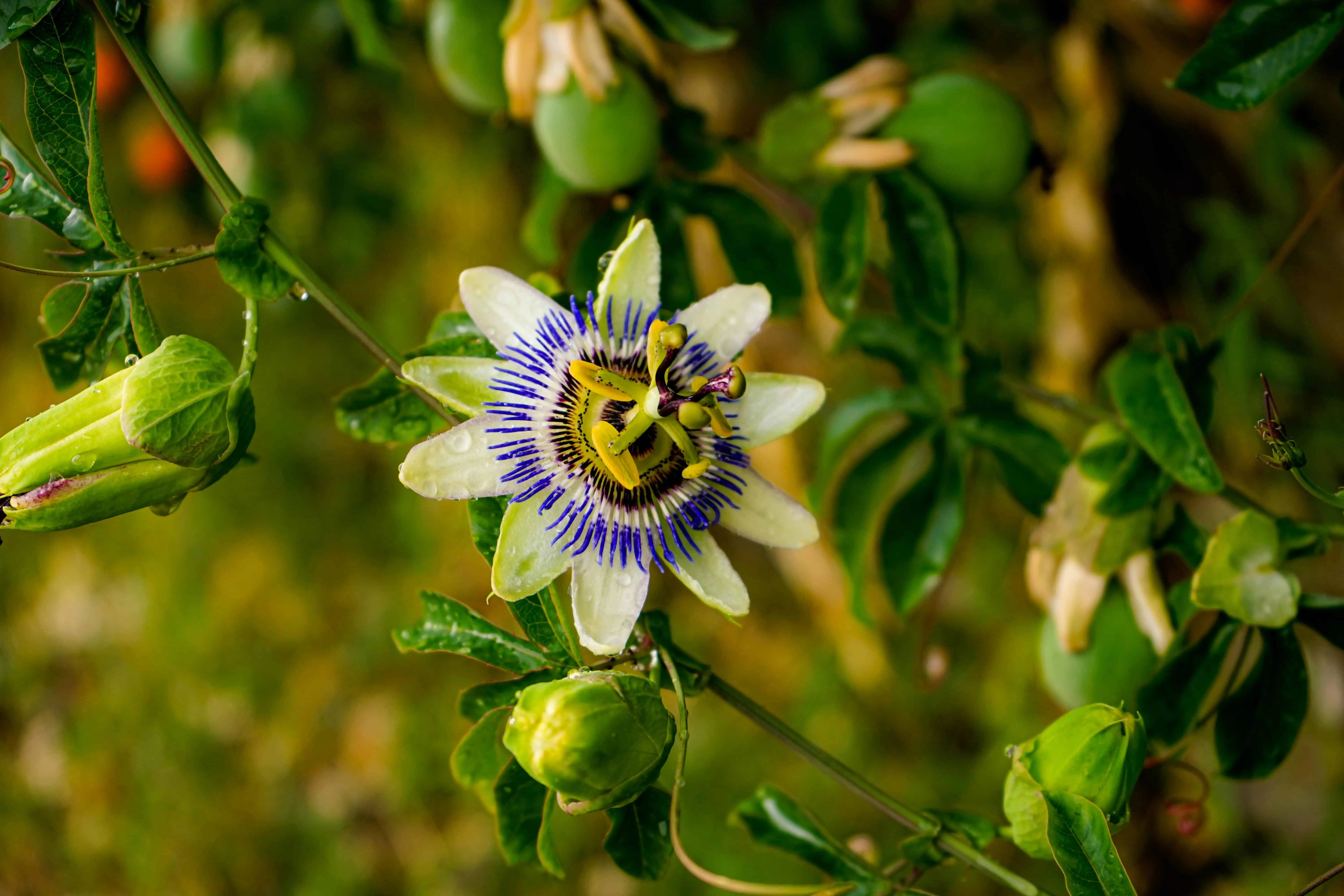What Are Perennials? 5 Things Every Gardener Should Know
Understanding perennials is the key to creating a garden that gets better year after year. Learn what makes these reliable plants special and how to use them in your garden.
There’s a special kind of magic that happens in the garden each spring. After a long, quiet winter, you start to see tiny green shoots poking through the soil, familiar friends saying hello once again. Those reliable returning plants are perennials, and understanding them is the key to creating a garden that gets better year after year.
If you’ve ever stood in a garden center, overwhelmed by the labels, you’re not alone. But the perennials definition is actually pretty simple once you break it down. Here are five things you need to know about these garden workhorses.
1. They Come Back Every Year
This is the main event, the core definition. Perennial plants are plants that live for more than two years 1. The name itself comes from Latin, sharing a root with words like “annual,” all relating to the concept of a year 2.
Unlike their counterparts, annuals, which complete their entire life cycle in a single growing season, perennials are in it for the long haul. You plant them once, and they’ll return spring after spring, growing from the same root system.
Need help figuring out which perennials will thrive where you live? Check our USDA Hardiness Zone Map so you can pick plants suited to your climate.
2. They Often Play a Disappearing Act
For many common perennials (the “herbaceous” kind), the top part of the plant dies back to the ground after the first hard frost. Don’t panic! It might look like your plant is dead, but it’s just dormant. Underneath the soil, the root system is alive and well, resting and storing up energy for its big return in the spring 1.
Hostas, Peonies, and Coneflowers are classic examples of plants that perform this yearly vanishing act.
3. It’s Not Just About Flowers
When most people hear “perennial,” they picture a flowering plant like a Black-Eyed Susan or a Salvia. And while those are definitely perennials, the group is much bigger.
Technically, any plant that lives for several years fits the description. This includes almost all trees and shrubs 3. So that maple tree in your front yard and the boxwood hedge along your walkway? They’re perennials, too. They just have woody stems that don’t die back to the ground in the winter.
4. Some Have Shorter Lives Than Others
“Perennial” doesn’t mean “immortal.” While some perennials, like peonies, can live for decades (even outliving the gardener who planted them), others are naturally short-lived.
Plants like Columbine and Lupine are often considered short-lived perennials, sometimes lasting only three or four years. They are still different from biennials, which have a strict two-year life cycle, but they don’t have the same staying power as a long-lived Daylily 1. Many of these short-lived varieties self-seed, however, so new plants often pop up to replace the old ones.
If you want color all season, map out what blooms when so your perennial beds never feel bare.
5. They Are an Investment in Your Garden
Choosing perennials is about playing the long game. While a flat of annuals gives you an instant burst of color for one season, building a garden with a backbone of perennials is an investment. You spend the time and money once, and you get years of beauty in return. Over time, this can save you a lot of effort and expense, since you aren’t replacing every single plant each year.
Knowing which plants will stick around helps you design your garden with more confidence and enjoy the satisfaction of seeing it mature and flourish over time 3. They provide the structure and reliability that make a garden feel like home.
Ready to Add Perennials to Your Garden?
Browse our Plant Library to find perennials that thrive in your hardiness zone, or explore plants by Sun & Shade requirements to find the perfect match for your garden conditions.
